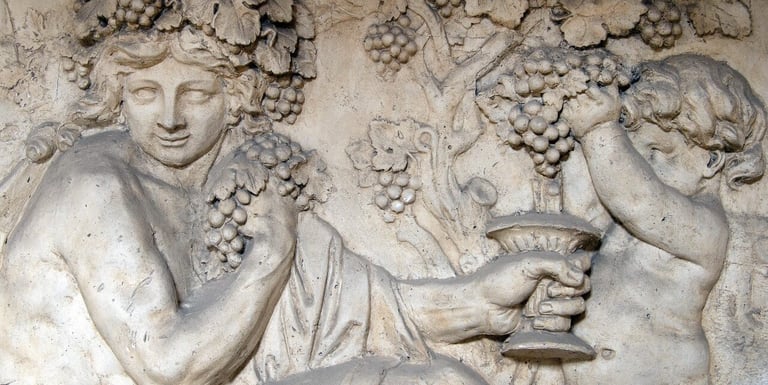
Subscribe to our newsletter
Iconic Wine Styles and Their Cultural Significance
6/27/20242 min read


Introduction
Wine is not only a beverage but also a cultural symbol that has evolved through centuries across various civilizations. This week, we delve into iconic wine styles from around the world, exploring their origins, cultural significance, and what makes them sought after in the wine investment community.
1. Bordeaux Blends: The Quintessence of French Winemaking
Historical Roots: Originating from the Bordeaux region of France, Bordeaux blends typically consist of Merlot and Cabernet Sauvignon, along with Cabernet Franc, Petit Verdot, and Malbec. These wines are renowned for their structure, longevity, and complexity.
Cultural Impact: Bordeaux wines have been a symbol of status and luxury for centuries, often associated with royalty and the elite. Their prestige continues to influence wine trends globally.
2. Champagne: The Celebration Wine
Origins and Method: Champagne, from the region bearing the same name in France, is produced using a meticulous method involving secondary fermentation in the bottle. This process creates the sparkling style that has become synonymous with celebrations and achievements.
Symbolic Value: Beyond its luxurious connotations, Champagne has cultural significance in numerous social rituals, from ship christenings to New Year's toasts.
3. Port Wine: Portugal's Sweet Tradition
Historical Development: Port wine is a fortified wine from the Douro Valley in Northern Portugal, steeped in history dating back to the 17th century. It is renowned for its rich, sweet taste and high alcohol content.
Cultural Role: Traditionally served as a dessert wine in Western cultures, Port has associations with refinement and discerning taste. Its preparation and consumption rituals reflect its deep-rooted heritage.
4. Chianti: Heart of Tuscany
Winemaking Tradition: Originating in the Chianti region in the heart of Tuscany, Italy, Chianti is primarily made from Sangiovese grapes and is known for its bright acidity, firm tannins, and rustic charm.
Cultural Resonance: Chianti symbolizes Italian dining culture, often enjoyed with meals and valued for its versatility and food-friendly nature.
5. The Influence of Iconic Wines on Investment
Investment Merits: Iconic wines like Bordeaux and Champagne not only offer excellent aging potential but also tend to maintain or increase in value due to their prestigious reputations and demand among collectors.
Market Dynamics: These wines often set the benchmark for quality and price in their respective categories, influencing market trends and investment decisions worldwide.
Conclusion
Iconic wine styles are more than just beverages; they are cultural artifacts that carry the essence of their regional histories and traditions. For investors, these wines represent not only an opportunity for financial growth but also a chance to own a piece of viticultural heritage.
Explore the rich histories and complex flavors of the world's most iconic wine styles. Subscribe to our newsletter for in-depth insights into these cultural treasures, and discover how they can enrich your wine portfolio and investment strategy.
